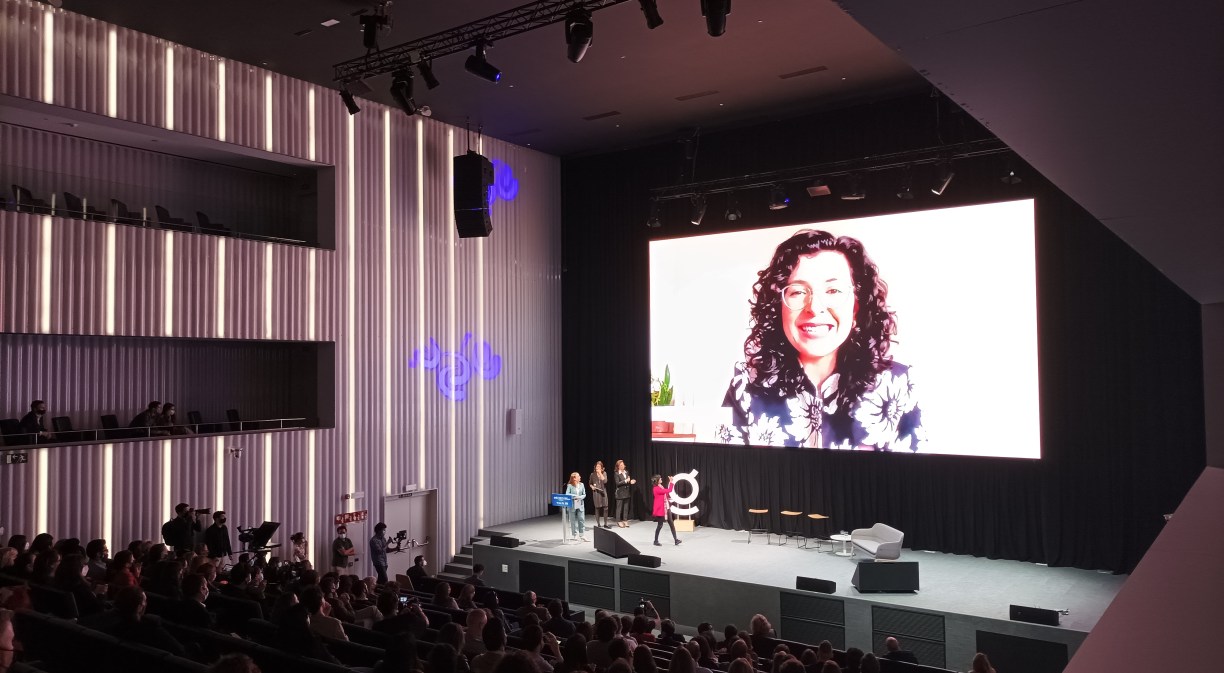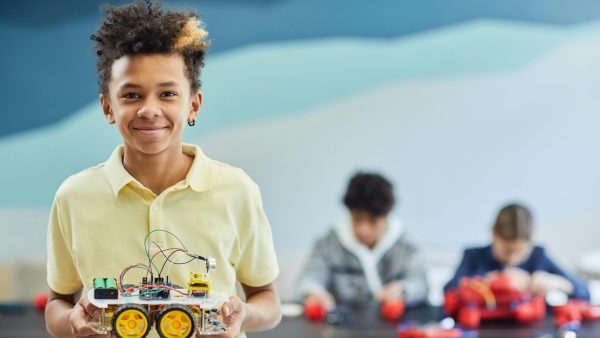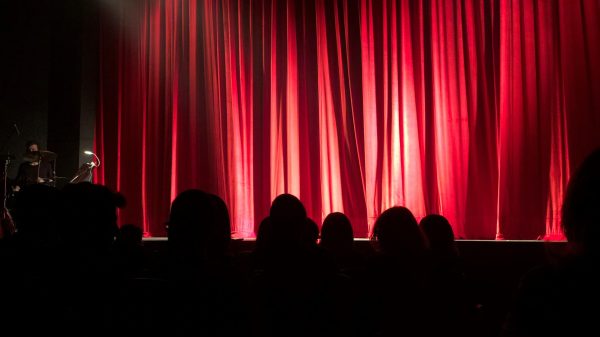Technology, entrepreneurship and training are the three premises that define the Gigas for School project, one of the winners of the 2021 EnlightED Awards, presented at the end of each EnlightED.
This conference, organised by Telefónica Foundation in partnership with IE University and South Summit, brings together leading international experts in education, technology and innovation to reflect on the challenges posed in the field of learning and draw practical conclusions with regard to the great debate on education in the digital age.
Gigas for School was one of the winning projects in the “schools and projects for primary, secondary and post-compulsory secondary education” category, together with the Colombian ones titled Huertas Comunitarias STEM and PROYECTIVIDA, and it’s a clear example of what an event of the size of EnlightED is all about.
Technological and entrepreneurial talent
This is a programme that seeks to design new ways of educating but also to inspire and identify students’ technological and entrepreneurial talent as a clear commitment to the future.
It’s defined as a competitive practical training programme to bring students closer to the new technologies and business or social entrepreneurship as a professional option.
It’s an initiative conducted by the Spanish Gigas multinational and Educsi Educación Jesuitas involving more than 2,000 young people between the ages of 15 and 18 to date.
Teamwork
Aimed at secondary, baccalaureate and vocational training students, Gigas for School aims to educate in a different way. In other words, it seeks to promote values and competences such as teamwork, self-improvement, endeavour, mistakes as a source of learning and the sharing of knowledge and skills.
This training concept stems from the demand for new professionals based on technological talent who can respond to the digital transformation that’s taking place in the business world, one which is not sufficiently covered in Spain at the moment.
In fact, 23% of the job offers registered on the Telefónica Foundation Employment Map are digital. This percentage is increasing year by year, while the pandemic has also contributed to this rise.
Change of course
This report is no more than a confirmation of a change of course in the training of our young people, as well as the recycling of more senior workers. These facts justify the EnlightED jury’s decision to feature projects such as Gigas for Schools, which seeks to combine business and social entrepreneurship and the creation of any element related to innovation and technology.
Upon this basis projects that are the result of a competitive process are drawn up, culminating in their presentation to experts who will evaluate them, make recommendations and choose the winner.
In addition, training talks on entrepreneurship and technology are included throughout the course and the projects carried out at the centres are supervised and tutored.
Colombian projects
The Colombian Huertas Comunitarias STEM project won an award in the same schools and projects for primary, secondary and post-compulsory secondary education category. This is a project that was created with the aim of reducing the social divide between urban and rural sectors by means of the creation of STEM community gardens to contribute to food safety in the villages of San Francisco, Santa Inés and Holanda in the municipality of Pitalito Huila (Colombia).
The other initiative to win an award in this section was PROYECTIVIDA, the name of an institutional experience that has been developed at three institutions in the department of Caldas in Colombia.
This initiative aims to support the students’ life project through Information and Communication Technology, respecting the environment and using innovation as a means for the students to achieve all their goals and enter a higher education institute or university.
The awards also highlighted initiatives from Spain and Colombia in the universities, vocational training and higher education institutions category. More specifically, the awards went to the University of Oviedo’s technology and design laboratory, and Medialab, where the students complete their end-of-degree projects and internships associated with robotics, IoT and 3D printing projects while receiving cross-disciplinary training in eco-design, ethics and communication.
Together with the Asturian project, the winners included the gamification programme titled The Last Days of Magic, which is based on magic geared towards the development of digital competences in the initial teacher training stage, and the Colombian Misión Utopía agronomic engineering programme, which integrates the generation of educational and productive opportunities for young people from rural sectors affected by violence with limited economic resources.
Technology and education
In the corporate training, lifelong learning, upskills and ongoing training category, the award-winners included the Brazilian project titled Integração de Tecnologia na Educação, which promotes digital inclusion by means of the integration of technology into basic public education, and the annual Hacking for Humanity hackathon, which brings together professionals from the IT sector, students and people with no knowledge of computers of all ages to resolve social problems through technology.
The third winner in this section was the CoderDojo Valencia project, an inclusive programming club for young people aged between 7 and 17 to inspire technological vocations, focusing on girls in particular.
The award for recently-created companies, startups and entrepreneurship ecosystems travelled to the United States. The winner was Symba, a comprehensive platform that helps organisations to streamline the management of their talent development programmes, collecting key metrics for success and creating dashboards to monitor the programmes’ long-term impact.
Terms such as technology, education, integration and cross-disciplinary training, among others, characterise these winning projects, but they also indicate the direction the training of young people should take in order to meet the needs of the current and future employment worlds.








